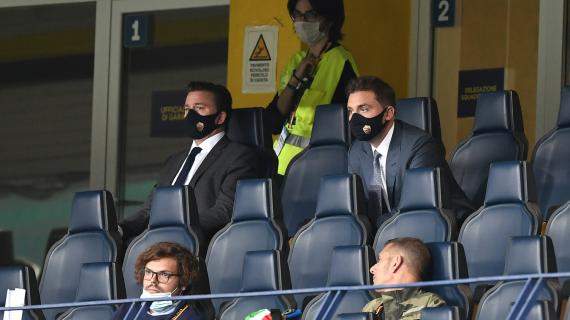At the beginning of the year, the goal fixed by Friedkin family for Roma it was clear: bring the team back Champions League. An ambitious goal, which well represented the high expectations of a club ready to invest massively in order to see Roma once again a protagonist in Europe.
Despite huge investments, to date the results are slow in arriving, and the team’s performances do not reflect either the economic commitment made or the declared objective.
At this point, however, it seems limiting to focus solely on the faults of the coach, captain or team in general. It is necessary to take a broader look, putting the seasonal planning orchestrated by the top levels of the company under the magnifying glass.
Since the first year of the new American management, an unconventional and sometimes not very resolute approach was perceived in making fundamental decisions, but today this lack of coherence seems to have given rise to a fluctuating managementAlmost schizophrenic. Decisions that are often disconnected from each other and sometimes not supported by a long-term vision are starting to show their consequences. What emerges is a picture in which the corporate choices seem fragmentedmore reactive than strategic, with a focus that shifts from time to time without a clear common thread.
This attitude has led to a management in which the sports project has ended up taking on increasingly uncertain and contradictory contours, with direct repercussions on the team’s performance and the general trust of the public.
To aggravate this situation there was then the choice to entrust the technical coordination (after just 4 days) to a coach looking for affirmationwith game ideas that are difficult to adapt to the team built through a transfer market designed for another coach.
This mismatch between the coach’s vision and the characteristics of the new additions has generated a clear tactical incompatibility, which is reflected on the pitch with uneven performances lacking identity.
Consequently, what we see today is a team lacking balance, which pays not only for short-sighted planning, but also for a market inconsistent with the coach’s needs, bringing to light a lack of synergy that risks undermining the basis of the entire seasonal project.
